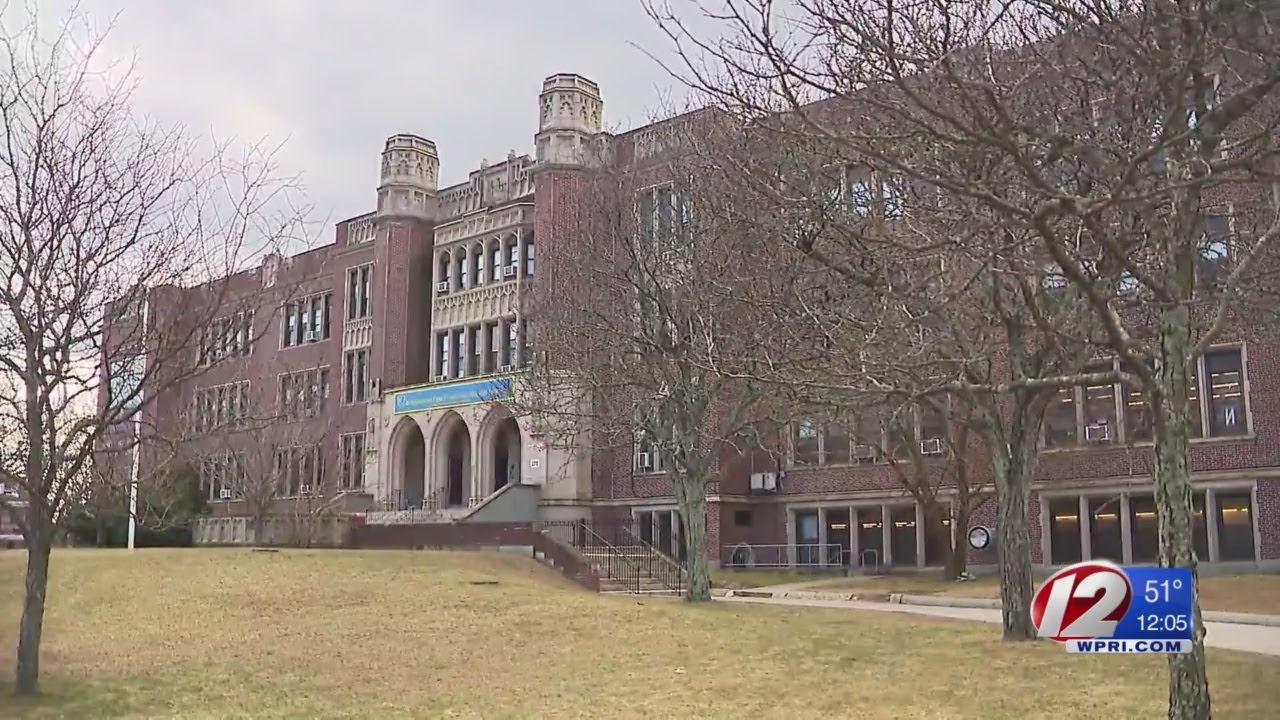Rhode Island School Closures: An Overview
Rhode Island, a small state located in the New England region of the United States, has been grappling with the issue of school closures in recent years. The closure of schools can have a significant impact on students, parents, and the overall community. This article aims to provide an overview of the current state of school closures in Rhode Island, the factors influencing these closures, and the response of the state to mitigate the impact on education.
Factors Influencing School Closures in Rhode Island
Several factors play a role in the decision to close schools in Rhode Island. One of the primary factors is the occurrence of severe weather conditions, such as snowstorms or hurricanes, which can pose a risk to the safety of students and staff. Additionally, budgetary constraints and declining enrollment numbers have also led to the closure of some schools in the state.
Current State of School Closures in Rhode Island
As of the time of writing, Rhode Island has not experienced widespread school closures due to weather-related incidents or budgetary limitations. However, the emergence of the COVID-19 pandemic has had a significant impact on the state’s education system, resulting in temporary closures and a shift towards remote learning.
Trends in Rhode Island’s School Closure Policies
Rhode Island has adopted a cautious approach towards school closures. In the past, closures have primarily been limited to severe weather events or instances where schools faced extensive financial challenges. The state has focused on balancing the need for student safety and the importance of in-person learning.
Impact of COVID-19 on Rhode Island Schools
The COVID-19 pandemic, which hit Rhode Island in early 2020, forced schools to adapt quickly to the changing circumstances. As cases surged, the state took swift action and closed schools temporarily to limit the spread of the virus. This disruption significantly impacted students’ learning experiences and led to the adoption of remote learning strategies.
Rhode Island’s Response to Rising COVID-19 Cases
In response to rising COVID-19 cases, Rhode Island has implemented a range of measures to protect students and staff. These include increased testing, contact tracing, and the implementation of strict health and safety guidelines in schools. The state closely monitors the transmission rates and makes data-driven decisions regarding school closures.
Evaluating the Necessity of School Closures
The decision to close schools during the pandemic is a complex one. Rhode Island carefully evaluates factors such as community spread, the vulnerability of the school population, and the capacity of schools to implement necessary safety measures. The aim is to strike a balance between minimizing the spread of the virus and providing in-person education whenever possible.
Rhode Island’s Approach to Remote Learning
To ensure continuity of education during school closures, Rhode Island swiftly implemented remote learning strategies. Schools distributed devices and internet access to students who lacked the necessary resources. Teachers transitioned to virtual instruction, utilizing video conferencing tools, online platforms, and digital learning materials.
Challenges Faced by Rhode Island Students and Teachers
While remote learning has provided an alternative to in-person instruction, it has presented various challenges. Many students face difficulties accessing reliable internet and technology, hindering their ability to fully participate. Teachers have had to adapt their teaching methods to engage students remotely and address the diverse needs of their classes.
Examining the Effectiveness of Distance Education
Rhode Island, like many other states, is actively evaluating the effectiveness of distance education. Studies have shown both positive and negative impacts of remote learning on student outcomes. The state is working to address any identified gaps and ensure that remote learning remains an effective mode of instruction, especially during school closures.
Mitigating Learning Loss during School Closures
Rhode Island recognizes the potential learning loss that can occur during school closures. Efforts are being made to provide targeted support and resources to students who have experienced disruptions in their education. Academic interventions, tutoring programs, and summer learning opportunities are being offered to help mitigate the impact of closures on students’ educational progress.
Preparing Rhode Island Schools for a Safe Return
As Rhode Island looks towards a safe return to in-person learning, schools are implementing comprehensive safety measures. These include enhanced cleaning protocols, social distancing measures, mask mandates, and improved ventilation systems. The state continues to collaborate with educators, parents, and health officials to ensure a safe and successful transition back to the traditional classroom environment.
In conclusion, Rhode Island has experienced school closures primarily due to severe weather events and financial challenges. However, the COVID-19 pandemic has introduced new challenges, leading to temporary closures and a shift towards remote learning. Rhode Island has responded with a cautious approach, prioritizing safety while striving to minimize learning loss. The state continues to evaluate the necessity of school closures, examine the effectiveness of remote learning, and implement measures to support students and teachers during these challenging times.





